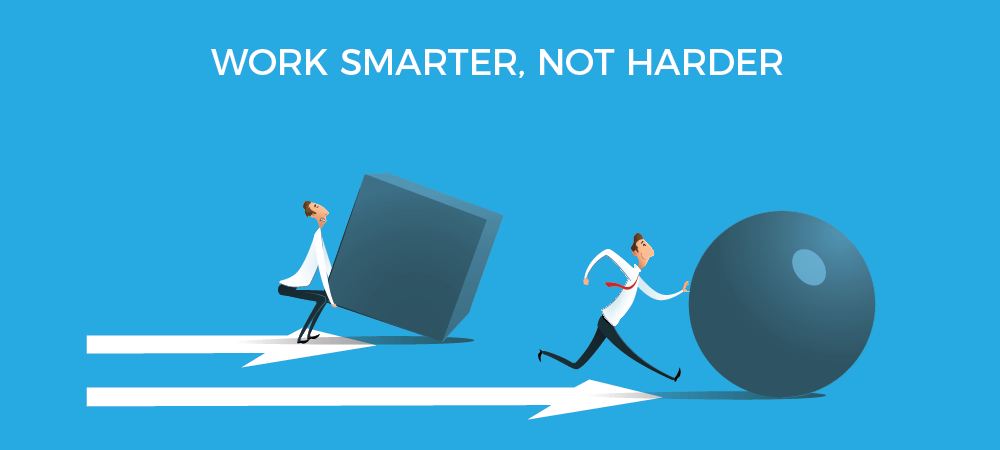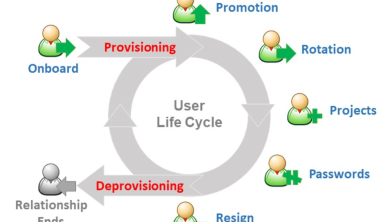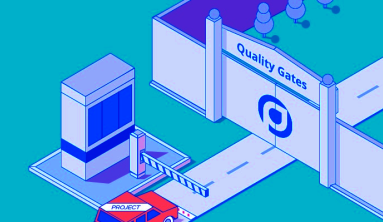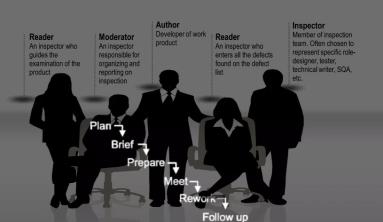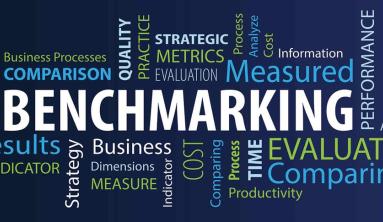People who work “hard,” put in extra hours, check their email on nights and weekends, and maintain a rapid pace, even when they’re tired, are admirable; They are motivated, well-intentioned people who want to do a good job. BUT people who work “smart” understand the power of pausing and creating the freedom to think, plan and develop their business
The key to greater productivity is to work smarter, not harder. Working smarter saves precious time and energy for the things that really matter — your life goals, your personal growth, your health and your relationships.
Here are our top tips on how to do this in your own business:
1. Control your environment
The problem most of us face when trying to be productive is that we interrupt ourselves A LOT.
One of the biggest mistakes we make at work is believing that “constant distraction is just a fact of business,”
We check email, scroll social media, send a text or make a call. Whatever the specific action, it interrupts our train of thought.
When you really need to focus, it’s critical to work offline, without watching email downloads and hearing notifications dinging. In other words, silence your devices and put them out of sight.
2. Stop multi-tasking.
We all believe that we're multi-taskers (some better than others). In fact, humans just aren't capable of doing multiple things at once.
What some people are good at is simply shifting their attention from one task to another very quickly. In fact, researchers have found that they can actually see the brain struggling when multi-tasking.
So, the next time you have the urge to multitask, stop. Take a breather and then go back to focus on the one thing that needs to get done right now. Once that's done, then you can move on to something else. It’s more efficient and you will get more done!
3. Create and stick to a routine.
We are creatures of habit, and so are our brains. When we establish routines, we can carry out tasks faster since we don't have to 'think' about the task - or prepare for it - as much, and can work on autopilot. Sugar is your friend here. For some it is new, for others ignored for the fear of creating more work, but make it part of you routine and the benefits will far outweigh the short term challenge of learning how to use it.
In addition, it is essential for our next point…
4. Automate more tasks.
The secret of getting more done? Reduce the number of decisions you have to make throughout the day. It’s why Mark Zuckerberg wore that same outfit for years! It really is!! However, watch out on this one as your significant other may not approve!
Build routines and habits so that you're not deciding, you're just doing. By automating some of the simple tasks you can focus energy on more important work decisions. It’s the reason we have started creating automation tasks in our CRM.
5. Regularly re-evaluate.
Many of us continue saying yes to things because we don’t stop to consider if these tasks actually serve us. Priorities can change from day to day and no one has time to waste working on the wrong things.
For example, you currently do your own bookkeeping, even though you hate it and don’t do it well.
When you re-evaluate, you realise you have the resources to hire a bookkeeper and can use the time freed up for something more suited to your skill set.
This leads us to…
6. Do more of the work you enjoy.
Not everyone can do what they love for a living and even when you are following your ‘dream’, there will still be tasks you're not fond of, and not good at, doing. In either case, focus more on the work that you actually enjoy.
For example, if you love spending time with customers and finding the right shutters and blinds for them (and you are good at it) then instead of spending your days (or evenings) doing administrative tasks, outsource or delegate those tasks so that you can spend more time making money for your company. When you do, you'll feel more fulfilled, inspired, challenged, and productive. Just make sure that you do actually hire someone and don’t just ignore the work you don’t like!
7. Have a ‘To do’ and a ‘To Don’t’ List
It’s very easy to feel unfocused when you don’t have a priority list. What do you work on first? Similarly, without a priority list, we become reactive, and let others dictate our schedule.
However, often you may find yourself doing non-essential tasks or ones that can easily be postponed. That is why we also recommend the “to don’t list”.
It is helpful to consider these questions when creating your task list, she said: “What would happen if I didn’t do it? Can the time I’m spending be shortened? Can I delegate it to someone else?”
You may prefer to savagely prune the ‘To do’ list or perhaps have two separate lists, ‘to do’ and ‘to don’t’. Either way, work out what is best for you… but do have a list!!
8. Expect Failure and Fight Paranoia
If and when failure rears its ugly head it is easy to become a tad paranoid and fear that this may become a trend.
Don’t panic, things will go wrong, mistakes will be made, but failure should be expected rather than feared.
Learning lessons from failure and analysing what went wrong is the best way forward. Richard Branson covered it well when he said:
“Do not be embarrassed by your failures, learn from them and start again.”
Let your account manager, franchise manager or business coach help you do this. It’s hard not to get sucked into paranoia or a ‘down’ moment. But we are here to help you back out of it… it’s a waste of your time after all.
9. Look After Your Greatest Resource
Yes time is a great resource and having more of it is fantastic, but your greatest resource is not time. It is YOU.
We all strive to be more efficient and save time, but most important to remember is to accept when we are ready to switch off that computer and not fill up the time with even more work!
If you do not get enough sleep, exercise and relaxation, you find that you become less and less productive. You begin to work longer and longer hours, which is the exact opposite of what you want.
Taking breaks and getting fresh air and exercise is one of the best ways of working smarter, not harder.
10. Say "no" more often
If you have high-priority tasks you want to finish and a coworker asks for help on an unrelated project, explain your availability. Understanding your priorities and how best to complete them can help you set boundaries and allow you to focus on them more. To keep a positive relationship with your coworkers, consider explaining to them why you can't help right now and provide a time when you can be available to assist.
Remember…
The key to greater productivity is to work smarter, not harder. Working smarter saves precious time and energy for the things that really matter — your life goals, your personal growth, your health and your relationships.
Stop working for more hours and start working smarter.
